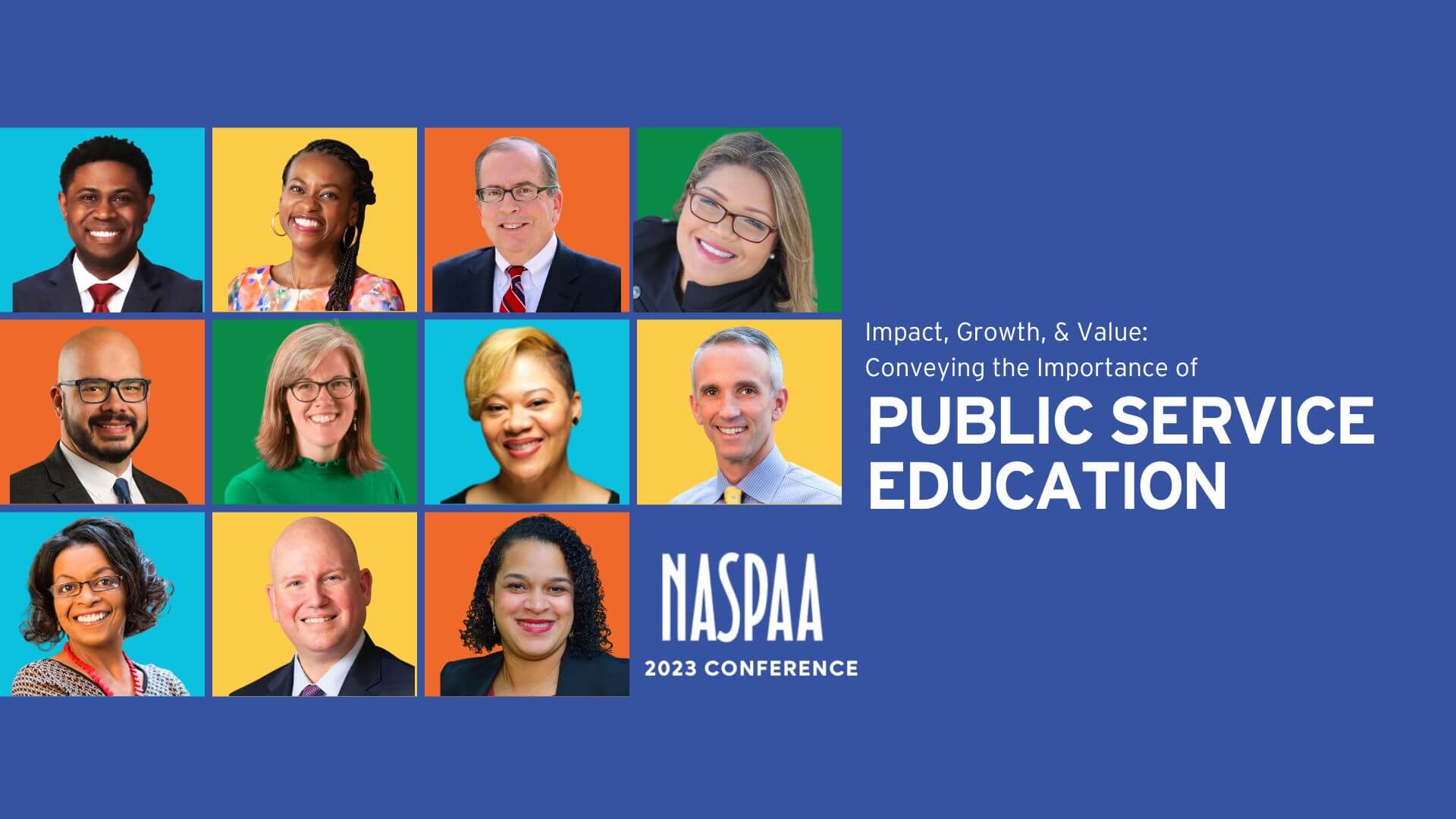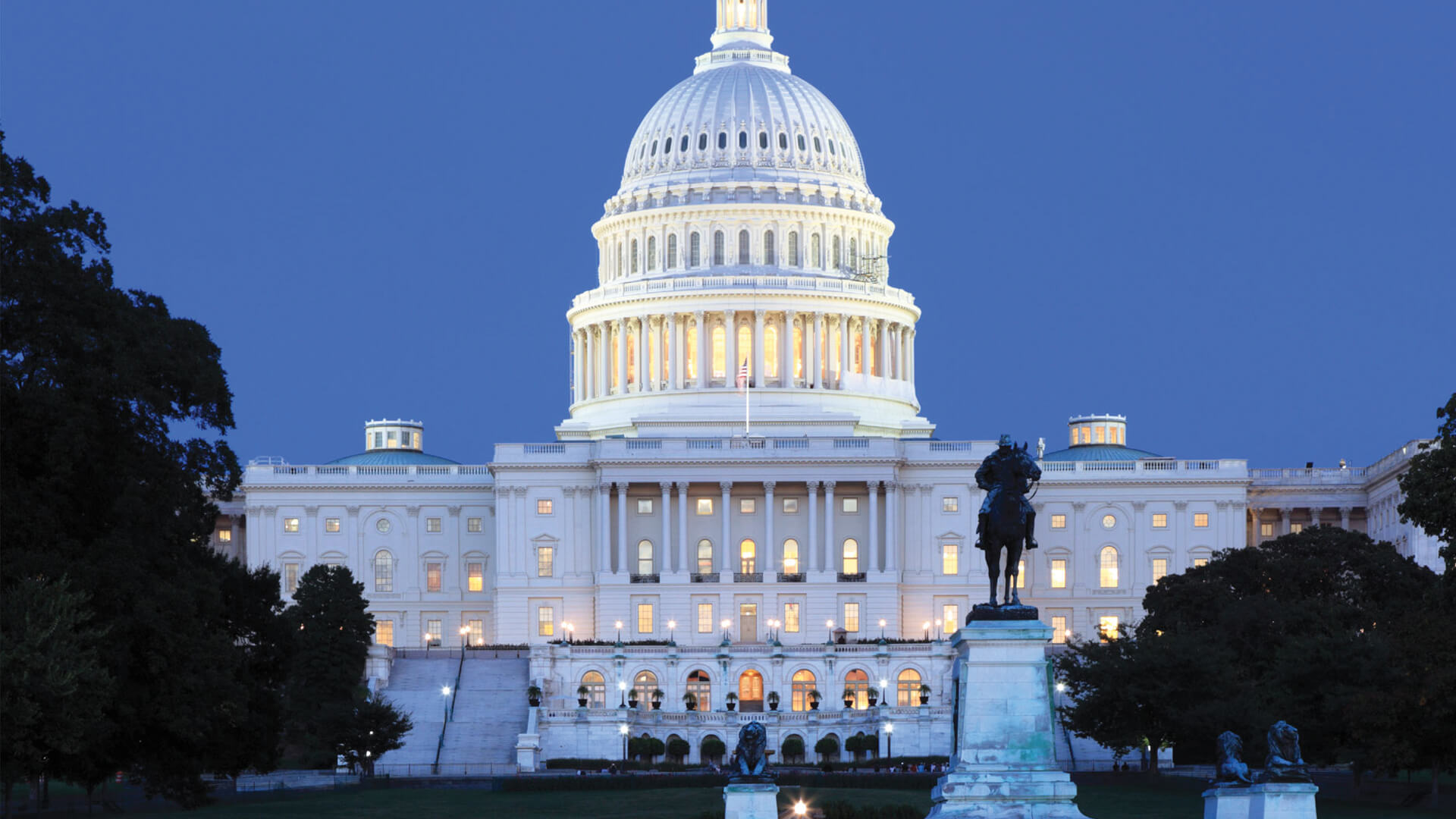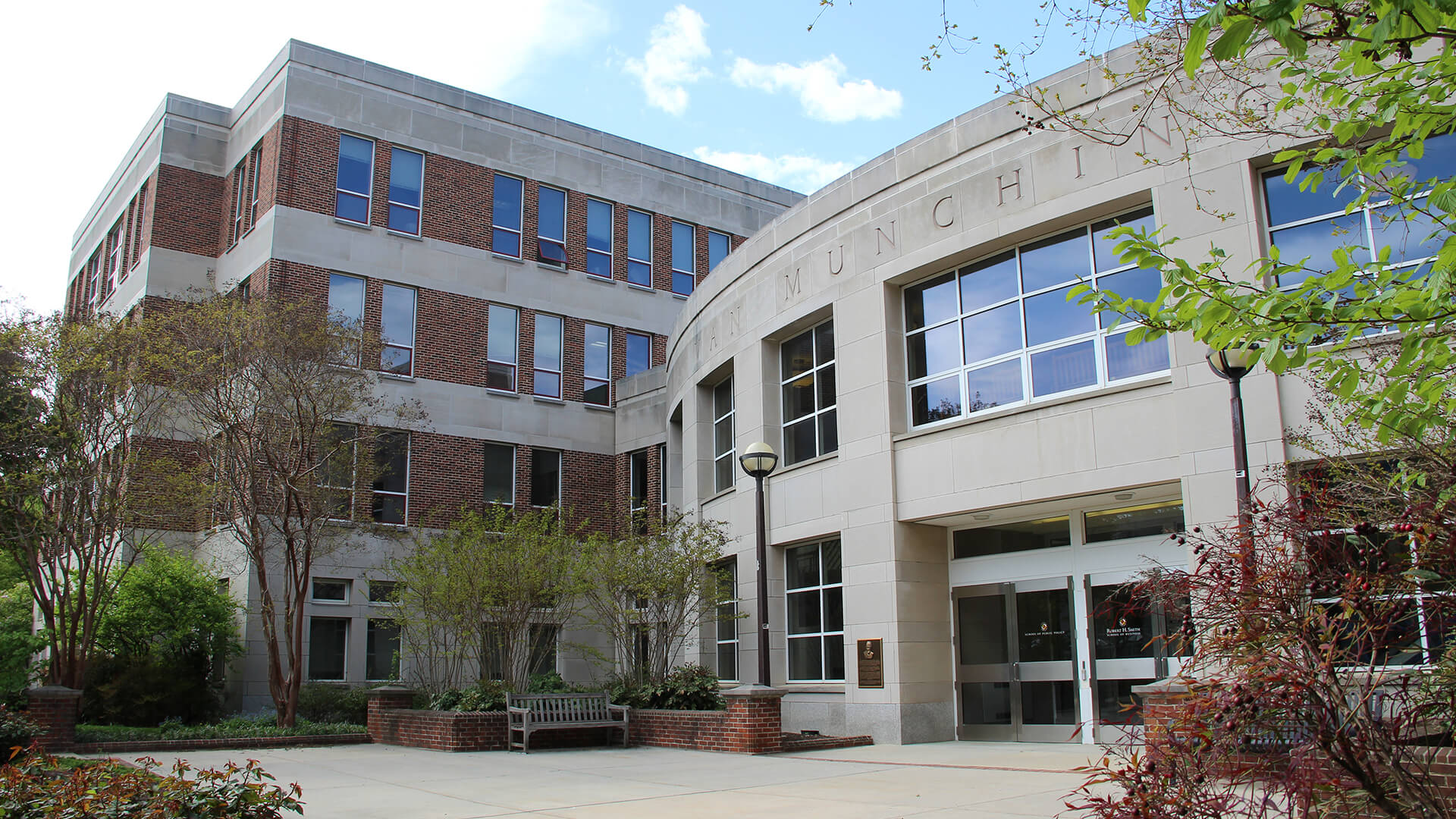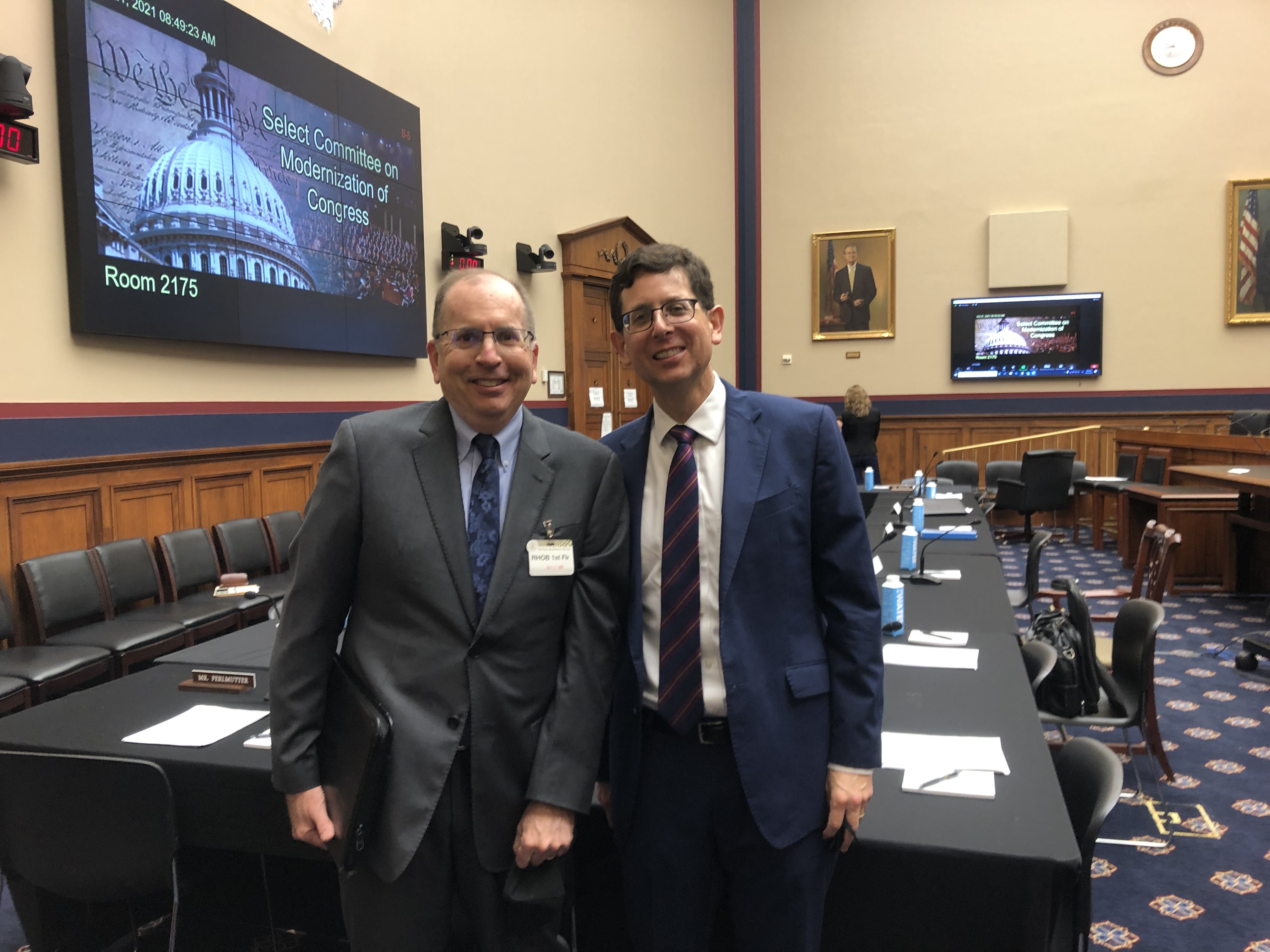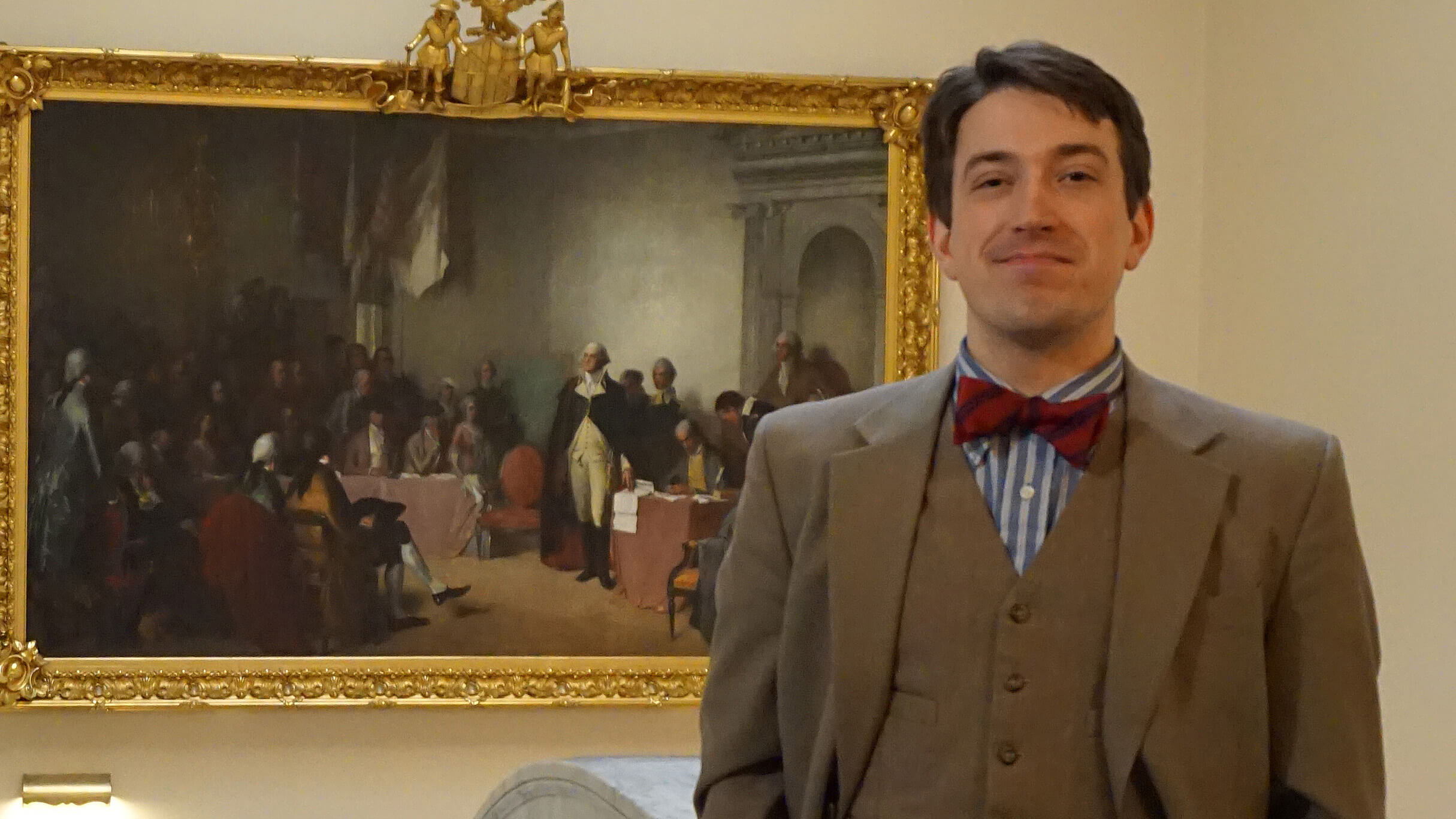Philip Joyce is a professor of public policy in the University of Maryland School of Public Policy. Joyce’s teaching and research interests include public budgeting, performance measurement, and intergovernmental relations. He is the author of The Congressional Budget Office: Honest Numbers, Power, and Policymaking (Georgetown University Press, 2011), and coauthor of two books—Government Performance: Why Management Matters (Johns Hopkins, 2003) and Public Budgeting Systems, 9th Edition (Jones and Bartlett, 2013). He is the author of more than 50 other publications (including book chapters and articles), appearing in outlets such as the Public Administration Review, Public Budgeting & Finance, The Journal of Policy Analysis and Management, Administration and Society, and the Handbook of Government Budgeting. His 1993 article, “Using Performance Measures for Federal Budgeting: Proposals and Prospects” was reprinted in Classics of Public Administration (1997). Joyce is a former Editor of Public Budgeting and Finance, is a past president of the American Association and Budget and Program Analysis and is a past chair of the American Society for Public Administration (ASPA)’s Center on Accountability and Performance (CAP).
Joyce was also the recipient of a number of grants since 2000 from The Pew Charitable Trusts focusing on the performance of state governments and federal agencies. The highest profile of these grants funded his participation in the Government Performance Project, which evaluated the performance of state governments, including their management of money, people, infrastructure (including state departments of transportation), and information.
In addition to his work at the University of Maryland, Joyce has been on the faculty of The George Washington University, the Maxwell School of Citizenship and Public Affairs at Syracuse University and the University of Kentucky. Joyce also has 12 years of public sector work experience, including four years with the Illinois Bureau of the Budget, three years with the Illinois Department of Corrections, and five years with the United States Congressional Budget Office (CBO). In 1992 he received the CBO Director’s Award for Distinguished Service. He received his PhD from the Maxwell School, his MPA from Penn State University, and his BA from Thiel College.
Joyce is a fellow of the National Academy of Public Administration. He is the recipient of several national awards, including the Aaron Wildavsky Award for lifetime scholarship in public budgeting and finance (2012), the Elmer Staats Award from the National Association of Schools of Public Affairs and Administration (2009), and the Joseph Wholey Award from the American Society for Public Administration (2012). Joyce has testified numerous times before the Congress on budget process reform issues. He has done extensive volunteer work in his local community of Arlington, Virginia, including a stint as chair of the Budget Advisory Council to the Arlington County School Board. He has consulted internationally, both as an individual and for the International Monetary Fund and the World Bank. This consulting work has taken him to Bulgaria, Canada, Chile, China, Guyana, Korea, Kuwait, Latvia, Lithuania, Mexico and Slovenia.
- Public budgeting & financial management; federal budgeting; congressional budget process; performance management
Introduction to the intellectual foundations of public policy, from ancient theories on collective public action through the more contemporary development of public policy as a discipline. This may start as early as the ancient Greek philosophers and their views on public action through contemporary classics of public policy. Emphasis will be on the interdisciplinary foundations of public policy, through examining core disciplinary contributions from economics, political science, management, philosophy, and other relevant disciplines. At the conclusion of the course, students will have read classic works in the field and will master the key themes that have dominated the intellectual debates about public policy over its history.
Schedule of Classes
Applied course in public finance, including introductions to resource mobilization (including taxation), macroeconomic policy, key public expenditure policies, and government budgetary processes and politics. The course will build on the foundations from ECON 200 to address the specific application of public finance principles to solving public problems. The course will focus on the principles of welfare economics (including market failure), economic principles as applied to particular spending programs and tax choices, and issues and institutions involved in the allocation and management of resources both at a national and subnational level. The focus of the course is on these issues from both a domestic and global perspective. At the conclusion of the course, students should be able to apply the tools of economics to inform societal and governmental choices, and understand how those choices are made in practice.
Schedule of Classes
Prerequisite(s): ECON200
School Authors: Philip Joyce
School Authors: Philip Joyce, Donald Kettl
School Authors: Philip Joyce, Donald Kettl
School Authors: Philip Joyce
School Authors: Philip Joyce
School Authors: Philip Joyce
School Authors: Juan Pablo Martínez Guzmán, Philip Joyce
Other Authors: Meagan M. Jordan
School Authors: Philip Joyce
School Authors: Philip Joyce
School Authors: Philip Joyce
Other Authors: Bruce D. McDonald III, Laurence Ferry, Sean A. McCandless, Meagan M. Jordan, Ileana Steccolini, John R. Bartle, Thomas Ahrens, Jim Haslam, Tobias Polzer
School Authors: Philip Joyce
School Authors: Philip Joyce
Other Authors: Olha Krupa
School Authors: Philip Joyce
Other Authors: Yilin Hou, Kurt Thurmaier, Katherine Willoughby
School Authors: Juan Pablo Martínez Guzmán, Philip Joyce
Other Authors: Meagan M. Jordan
School Authors: Philip Joyce, Phillip L. Swagel
Other Authors: Philip Joyce, Phillip L. Swagel
School Authors: Philip Joyce
Other Authors: Aichiro Suryo Prabowo (9596)
School Authors: Juan Pablo Martínez Guzmán, Philip Joyce
School Authors: Philip Joyce
School Authors: Philip Joyce
School Authors: Philip Joyce




